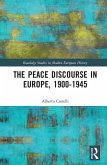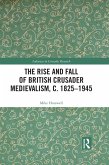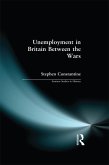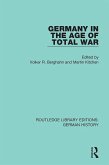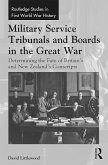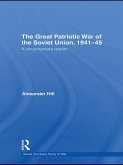This book looks at the representations of modern war by analysing texts and examining the ways in which authors relate to the atrocious horrors of war.
Rejecting the assumption that violence is simply a denial of reason or, at best, a pathological form of collective sadism, this book considers it 'a cultural act' that needs to be understood as underpinned by a series of shared and accepted norms and values stemming from a society at a given moment of its history and shaped by its language. Traditional vocabulary and language seem inadequate to describe soldiers' experience of modern warfare. The problem for writers is to depict and render intelligible a dramatically unprecedented reality through recourse to something familiar. For some historians and literary critics, the absurdity of the First World War has shaped our ironic and disenchanted reading of the entire twentieth century. Yet these ways of coping with the urge to communicate inexpressible feelings and emotions in most cases are not sufficient to overcome the incoherence of the sentiments felt and the events witnessed.
The contributors attempt to address the questions and issues that are posed by the highly ambiguous views, texts, and representations examined in this volume.
This book was originally published as a special issue of the journal European Review of History: Revue Européenne d'Histoire.
Rejecting the assumption that violence is simply a denial of reason or, at best, a pathological form of collective sadism, this book considers it 'a cultural act' that needs to be understood as underpinned by a series of shared and accepted norms and values stemming from a society at a given moment of its history and shaped by its language. Traditional vocabulary and language seem inadequate to describe soldiers' experience of modern warfare. The problem for writers is to depict and render intelligible a dramatically unprecedented reality through recourse to something familiar. For some historians and literary critics, the absurdity of the First World War has shaped our ironic and disenchanted reading of the entire twentieth century. Yet these ways of coping with the urge to communicate inexpressible feelings and emotions in most cases are not sufficient to overcome the incoherence of the sentiments felt and the events witnessed.
The contributors attempt to address the questions and issues that are posed by the highly ambiguous views, texts, and representations examined in this volume.
This book was originally published as a special issue of the journal European Review of History: Revue Européenne d'Histoire.
Dieser Download kann aus rechtlichen Gründen nur mit Rechnungsadresse in A, B, BG, CY, CZ, D, DK, EW, E, FIN, F, GR, HR, H, IRL, I, LT, L, LR, M, NL, PL, P, R, S, SLO, SK ausgeliefert werden.




